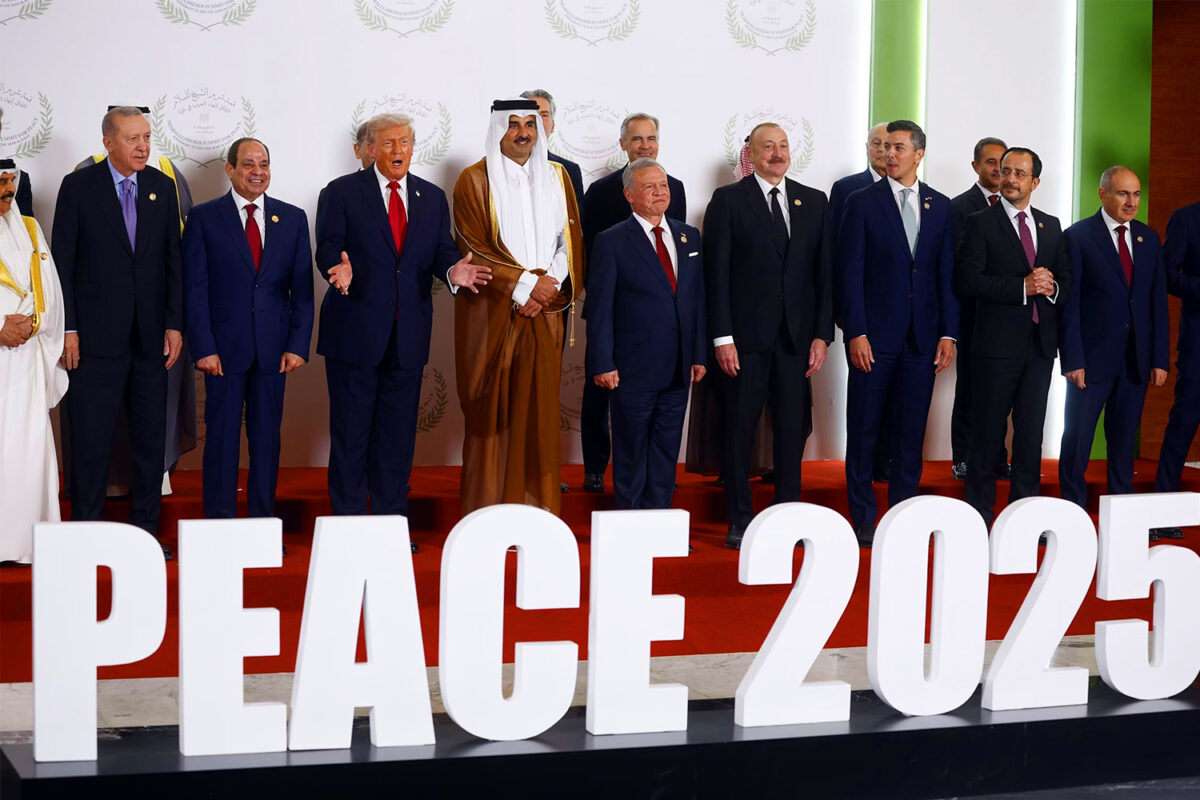Whether one terms it a vassal or more politely a client, the Saud regime, the current rulers of the Kingdom of Saudi Arabia, has displayed an almost embarrassing degree of servitude to US interests and policies in the Middle East and beyond. But this is simply a natural consequence of the current political paradigm, as when all is said and done the US does actually guarantee the security of the Saud regime and ensures its continuity.
So, it was an unexpected and somewhat astonishing development that Saudi Crown Prince Muhammed bin Salman (MBS) would support the OPEC’s decision to cut oil production by 2 million barrels per day, despite the severe remonstrations of the White House.
As the world adjusts to new geopolitical realities, with Russian energy increasingly flowing east rather than west, from record highs of over $116 per barrel the price of crude oil has steadily declined to below $80 a barrel, a figure more conducive to stave off a post pandemic global recession and slake Europe’s thirst for non-Russian oil.
Many have suggested that MBS’s defiance of the White House indicates a step change in the nature of the relationship between the US and its vassal, with some even going as far as to suggest that the trajectory of current Saudi-US relationship will lead to a complete departure of the Kingdom from the US sphere of influence. Such assertions fail to factor in the intricacies of the relationship between the US and the Saud regime which at its heart is predicated on the dispensable nature of any single member of the ruling elite in the Saud regime. The US has also never been as divided as it is today. Post-Trump the right leaning Republican, Texas style rugged individualism contrasts starkly with more liberal socially inclusive California style of governance. This division is also reflected in the corporate sponsors of the respective parties, whereas the Republicans are favoured by the oil giants, the Democrats have a greater affinity for the tech world and new money.
Crown Prince Muhammad bin Salman has made no secret of his predilection for former President Donald Trump and the Republican Party, but under pressure from the more liberal arm of the Democratic Party President Biden’s aversion to MBS is also plain to see. When asked about whether Biden would be speaking to MBS once he takes office, Biden’s Press Secretary stated: “Part of that is going back to engagement counterpart-to-counterpart. The President’s counterpart is King Salman, and I expect that at an appropriate time, he would have a conversation with him. I don’t have a timeline on that.”[1] Hence although the White House or more specifically the Biden administration has repeatedly asked MBS to at the very least delay and a decision to cut production,[2] such pleas have fell upon deaf ears and an agreement to cut production has been agreed, much to the ire of the Biden administration.
The timing of the cut in production is significant. There was no doubt that there would be a cut in production at some point, demand has not surged as much as was expected, and the slide in crude oil futures would need to be arrested at some point. However, a cut in production that coincides with US midterm elections where control of both houses is at stake significantly affects the prospects of the incumbent party.
It is unthinkable that MBS has unilaterally decided to attempt to influence the US electoral process, as such a move would spell the end of his tenure as crown prince. Rather his actions reflect his subservience to the interests of the Republican Party, in whom he perceives the best hopes of his survival and the survival of the Saud regime. Bruce Riedel, a senior fellow of the Brookings Institution, told The Intercept: “The Saudis are working to get Trump reelected and for the MAGA Republicans to win the midterms. Higher oil prices will undermine the Democrats.”[3] Jonah Shepp of New York Magazine highlighted: “Of course, the real reason why Republicans are so quiet about the Saudis’ betrayal is that they stand to benefit from it politically on a massive scale. In itself, a slight uptick in gas prices isn’t necessarily a game changer for the midterm elections, but with so many tight races in key battlegrounds, it’s bad news for the ruling party.”[4]
MBS will of course face punitive measures from the Biden administration, which have already claimed that there will be a thorough reassessment of the relationship between Saudi Arabia and the US. But such bellicosity belies the mutual importance of the relationship to both the US and the Saud regime. Through the Saud regime the US has control over the strategically important Middle East and the global oil market. For the Saud regime no other nation in the world can guarantee their continued rule other than the US. Russia, China and the EU are no replacement for the US, so despite the rhetoric and interference there will be no significant change in the relationship between the US and the Saud regime.
Nevertheless, the Republicans Party’s invitation to MBS to interfere in a US election betrays a decline in US politics. Formerly in the psyche of US statesmen and politicians a subject nation, especially one viewed with as much derision as Saudi Arabia, would not be permitted to influence US politics, as the sacrosanct nature of the US political system excluded the involvement of less civilised nations, but it seems at present the interests of the Republican Party and its sponsors trumps that of the nation as a whole.
[1] White House says Biden will only deal with Saudi Arabia’s King Salman directly | Middle East Eye
[2] Biden admin asked Saudi Arabia to postpone OPEC cut by a month, Saudis say (cnbc.com)
[3] Saudi Arabia Oil Price Hike Is October Surprise Against Biden (theintercept.com)
[4] Did Saudi Arabia Just Hand the Midterms to the GOP? (nymag.com)




